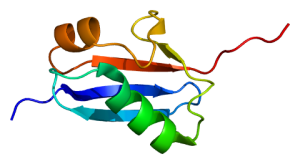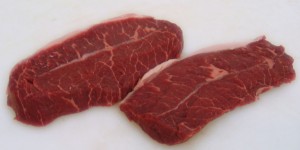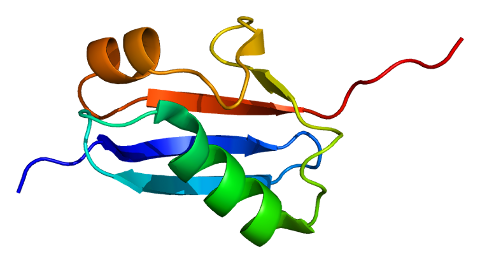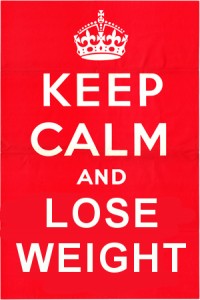 Protein diet plans are featured regularly in books, advertising and media. What are protein diet plans and what are the long term health implications of following an unbalanced diet?
Protein diet plans are featured regularly in books, advertising and media. What are protein diet plans and what are the long term health implications of following an unbalanced diet?
Upside of following high protein diet plans:
- As with all unbalanced diets, you can lose weight in the short term by following a high protein diet.
- You will see almost an immediate drop in weight as your body loses fluids
- Ketones released in your bloodstream, reduces your appetite
- protein take more calories to burn
- higher protein intake boosts leptin hormone levels (making you feel full)
- higher protein intake reduces ghrelin hormone levels (less hunger pangs)
Downside of following high protein diet plans:
- Ketones released in your bloodstream can cause nausea, bad breath, etc.
- You should do aerobic type exercise regularly
- Excess protein is also stored as white fat
- Danger of acidosis if following high protein diet for long period of time (arterial ph below 7.35)
- Danger of starvation ketosis if following high protein diet for long period of time
- Danger of ketoacidosis if your body does not produce enough insulin resulting in high ketone and glucose in combination
- High-protein animal foods are usually also high in saturated fat. Eating large amounts of high-fat foods for a sustained period raises the risk of coronary heart disease, diabetes, stroke and several types of cancer.
- People who can’t use excess protein effectively may be at higher risk of kidney and liver disorders, and osteoporosis

Some quick facts about protein in your diet
The odds are that if you are an average South African, you are already eating too much protein.
How much protein should you eat per day in a balanced diet
Answer: about 1 gram per kilogram of body weight
Eat the correct protein group in your diet
There are two main groups of proteins, incomplete: those that your body can also produce and complete: those that you cannot live without.
When you are on a calorie restricted diet and you do not eat the right type of proteins, your body will start eating your muscles to obtain protein and not your fat.
You must eat proteins from the complete group (Dairy & Meat – vegetarian: Canola,Soy & Eggplant)
Examples of popular high protein diets are: Atkins, Zone, Protein Power, Sugar Busters and Stillman diets
High Protein Diet
Check your daily calorie requirement here
Check alternate and replacement food calorie weights here
Carbohydrate intake is limited to less than 20 net grams per day (salad greens and other vegetables such as broccoli, spinach, pumpkin, cauliflower, turnips, tomatoes, and asparagus)
120 grams to 180 grams per meal of any meat, poultry, fish, shellfish, fowl, or eggs
up to 120 g of hard or semi-soft cheese such as cheddar cheese
most salad vegetables
any low-carbohydrate vegetables
and butter, olive oil and vegetable oils.
Eight glasses of water per day
No Alcoholic beverages
Caffeine is allowed in moderation
A daily multivitamin with minerals
In Conclusion
High protein diets are unbalanced diets.
You cannot stay on an unbalanced diet for an extended period of time
You have to supplement essential minerals, vitamins and fiber.
Advertising

All information provided for information & education purposes only. Nothing published on https://dietmy.com is intended as substitution for medical advice, diagnosis, or for any treatment.



